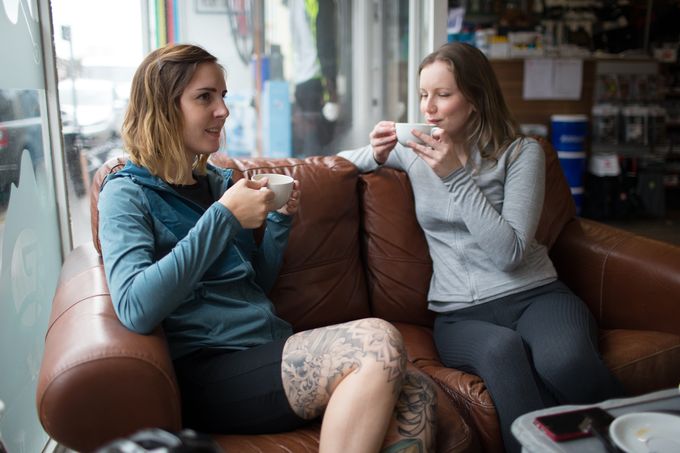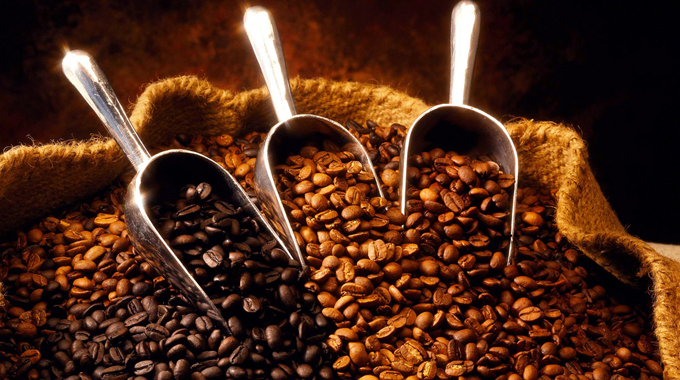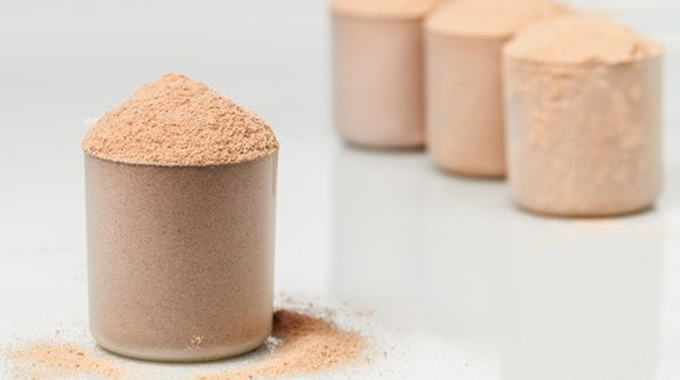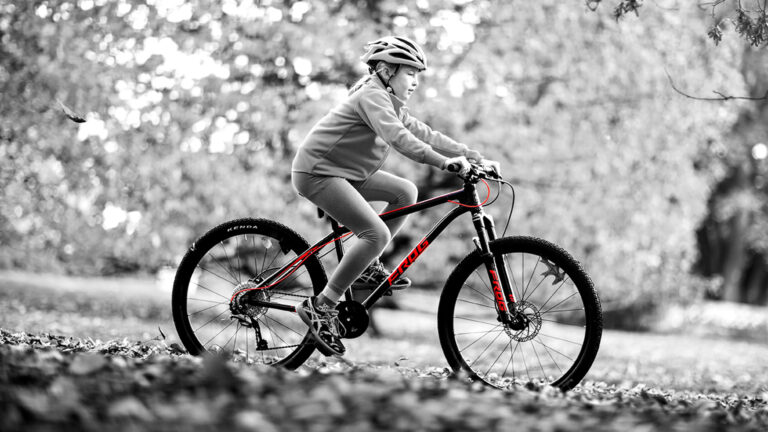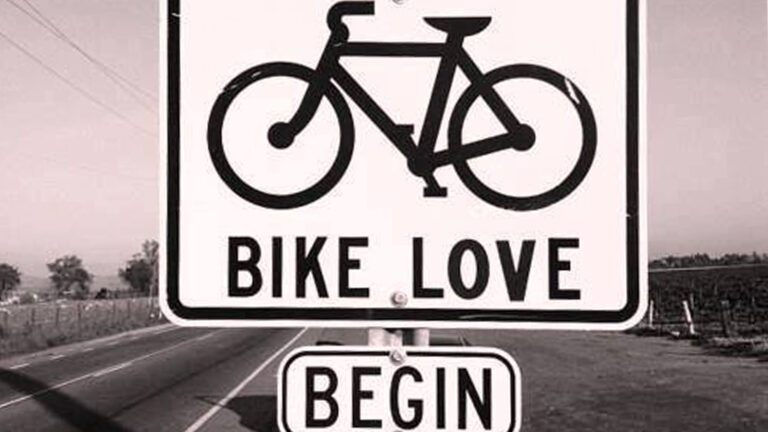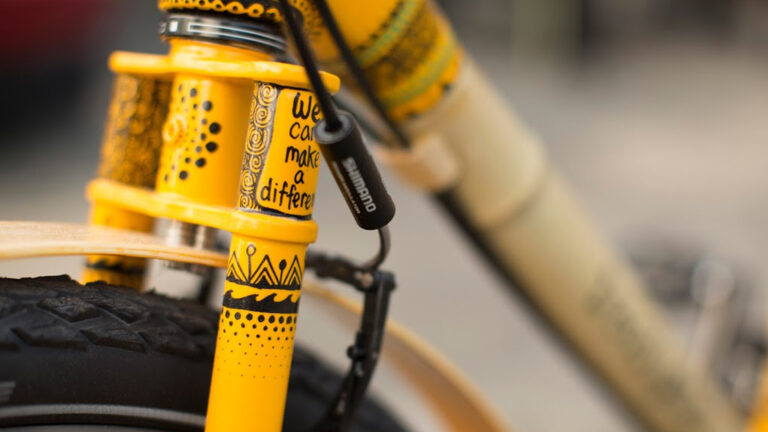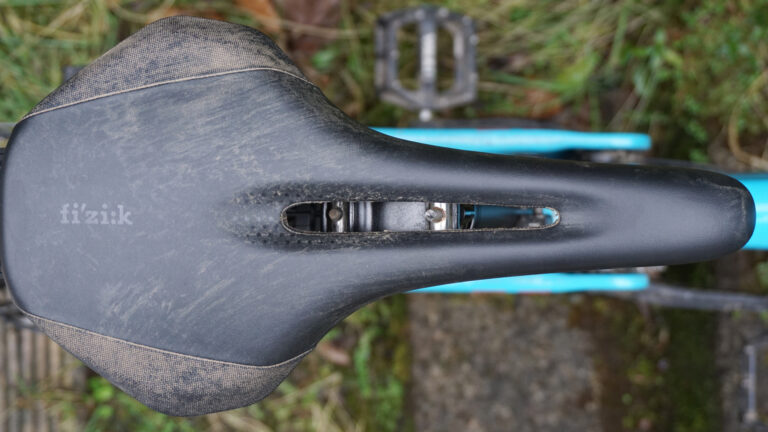Everyone has heard a myth or two when it comes to caffeine and cycling. But the fact that cyclists love it seems to be the only thing that we can all agree on.
Some say that a double espresso before setting off on a road race will increase your performance – others wouldn’t touch anything apart from a caffeinated gel. So we decided to ask an expert whether caffeine even works as an aid to cycling performance and if so when we should use it.
We got on the phone to Danielle Clay, a former international road cyclist and downhill mountain bike racer who has spent her whole life working with world-class athletes. She’s now a dietician and lecturer in sports nutrition at Leeds Trinity University, with 17 years of experience in her field.
In other words: she knows what she’s talking about and was very patient with TWC.
Can caffeine benefit cycling performance?
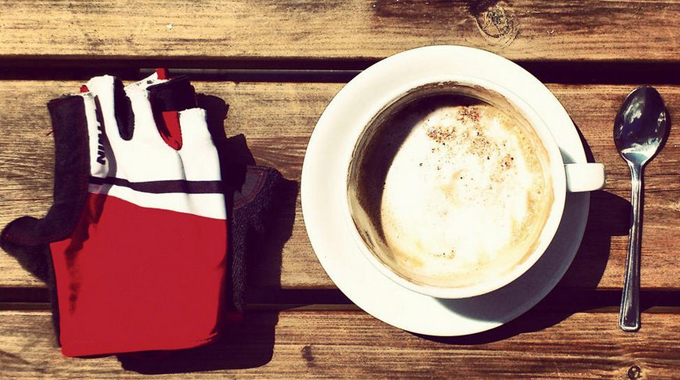
Yes. Caffeine stimulates you mentally at first, and physically later. “You may feel a little bit smarter and a little bit stronger. There is some evidence that caffeine improves muscle contraction,” says Danielle.
Caffeine has a glycogen sparing effect. Glycogen is the storage molecule for carbohydrates, and we start to use it up when we exercise. If we don’t replace it, then we have to ingest more carbohydrates.
But by taking caffeine in, we can stimulate our ability to break down fat instead of glycogen, which means there’s more glycogen available for longer compared to if we hadn’t had caffeine.
That means when you come to the final stages of a race after having had caffeine, you’re not as glycogen depleted and you’ve still got some sugar from carbohydrates stored in the liver and the muscles ready to be used.


